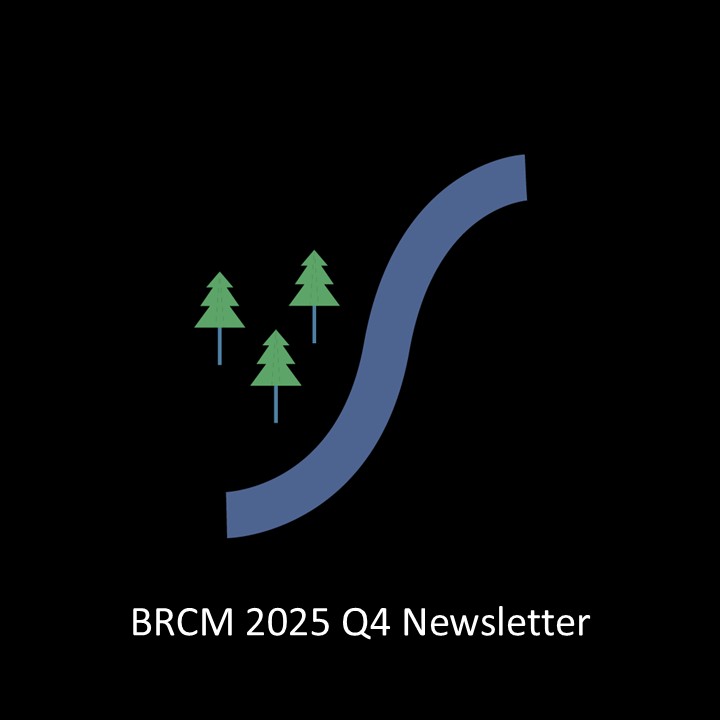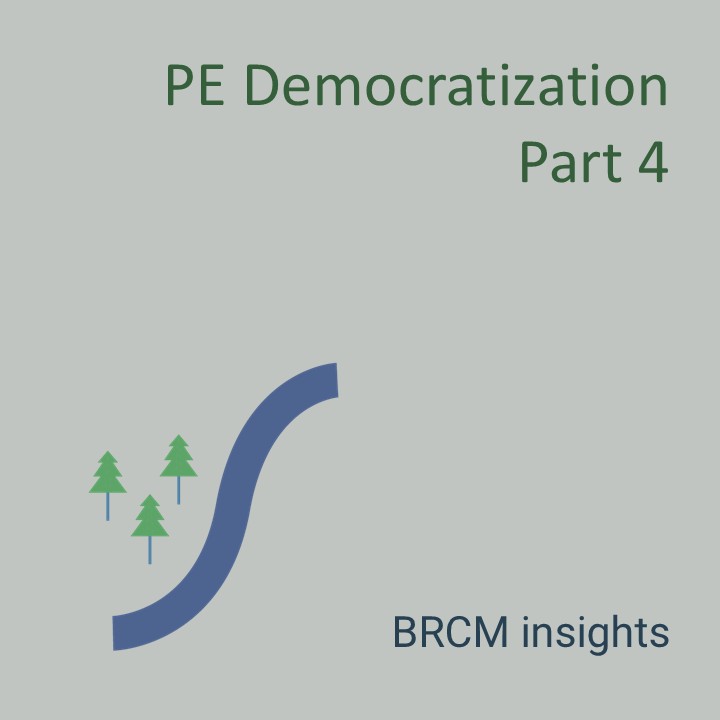
PE Democratization Part 4
Publicly traded equities and their associated funds are highly liquid instruments, usually turned into cash within a day or two. Private equity and credit funds often are not. In fact, many are subject to “lockups” or redemption restrictions, which can tie up investor money for years, even if they want out.
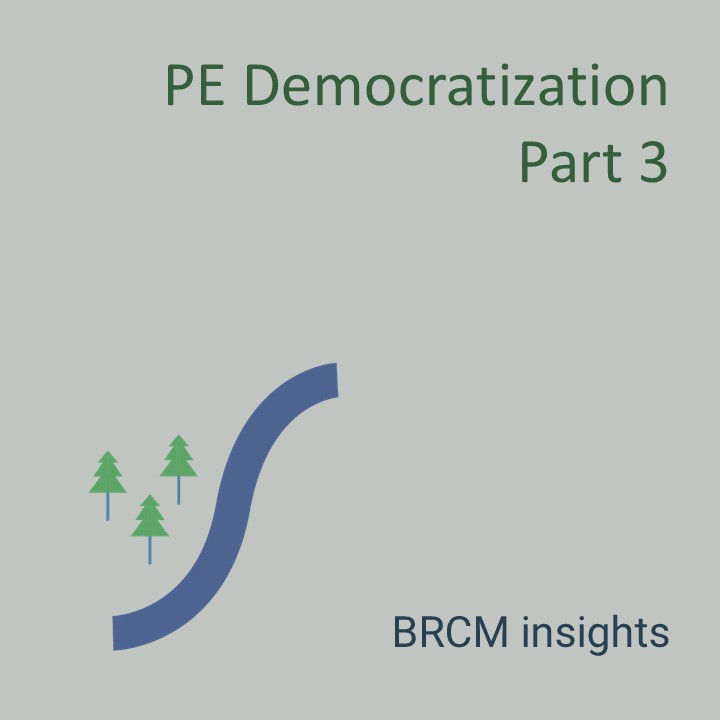
PE Democratization Part 3
Most assets traded on major stock exchanges are highly liquid and the value they can be bought and sold for is clear. In the private equity world, that is not the case. Sometimes buyers and sellers of private companies/debt can diverge in their assessments of what their investments are worth, and this divergence can lead to some suspicious return calculations.
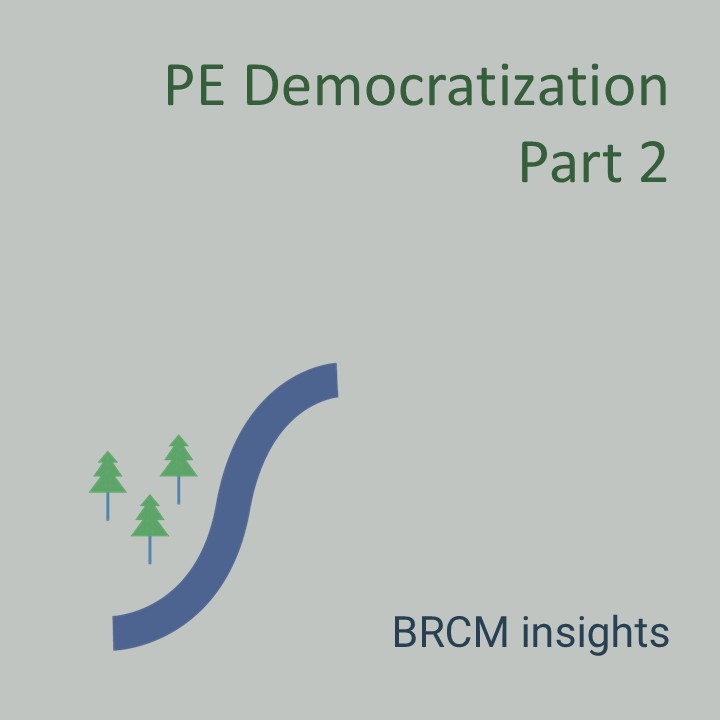
PE Democratization Part 2
Investors need to be cautious jumping into the latest and greatest funds pushed by Wall Street. Oftentimes, there are perverse incentives for fund managers to put new money to work instead of making disciplined investments.
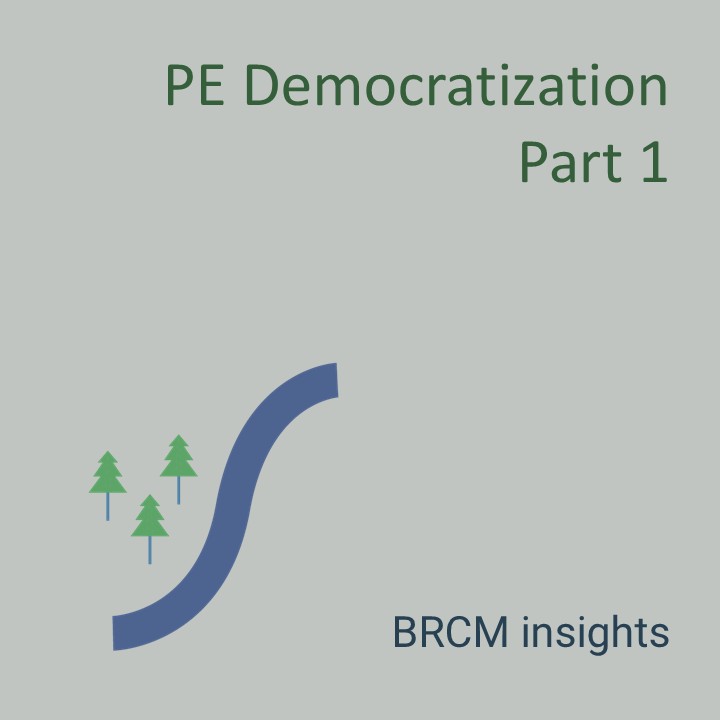
PE Democratization Part 1
Private equity investments have typically been only available to “sophisticated” investors. New regulations are changing that. Our first in a multi-part post where we discuss the risks inherent in adding private equity to investment portfolios.

